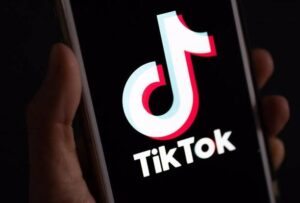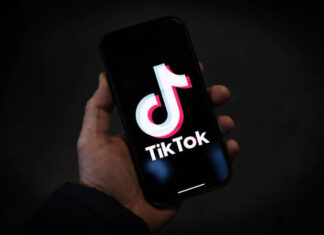When you purchase through links on our site, we may earn an affiliate commission. This doesn’t affect our editorial independence.
Shou Zi Chew and Mark Zuckerberg
Beyond the Ban: Uncovering the Facts About TikTok’s CEO and the App’s Future. TikTok’s CEO used to work for Mark Zuckerberg as a Facebook intern some years ago. Shou Zi Chew, a native of Singapore, earned an economics degree from University College London before proceeding to get an MBA at Harvard Business School. During the summer, he interned at Facebook, a fast-rising tech company at that time.
Chew later joined Chinese tech company Xiaomi in 2015; three years after he joined Xiaomi, he was promoted as chief financial officer. This is according to the Harvard Business School alumni website.

In 2021, Chew’s tech career crossed paths with Meta CEO, Zuckerberg, this time as a business competitor. Also the same year, Chew joined TikTok parent company ByteDance as CFO. Later, he became CEO of TikTok. He held the position of chief financial officer and Tiktok CEO at ByteDance before shifting focus fully on Tiktok.
With at least 160 million monthly active users in the U.S. and more than 1 billion globally, Tiktok has become a competitive social media platform to Meta that is not under the control of Mark Zuckerberg.
How Zuckerberg created similar app to defeat TikTok
In 2016, Mark Zuckerberg made an effort to acquire a key part of TikTok but lost out to ByteDance, which acquired the app for $800 million in 2017. ByteDance merged Musical.ly with the already existing TikTok platform, resulting in social media takeoff.
Meta launched its own competitor app called “Lasso” to compete with TikTok in 2018, but it didn’t scale through and was shut down in 2020.
As efforts to ban TikTok in the U.S. gather momentum, so is Zuckerberg’s criticism of the app. He has previously suggested TikTok could be a threat to free expression. He also noted that banning TikTok could set a bad precedent, but he sympathized with the national security concerns.
The Implications of the TikTok Ban
The Tik Tok ban has significant implications for users, businesses, and the tech industry as a whole. For users, the ban means losing access to a popular social media platform that has become an important part of their online lives.
For businesses, the ban means losing a key marketing channel and a way to reach younger audiences. Many businesses have invested heavily in TikTok, creating content and advertising on the platform.
The Tik Tok ban is a complex issue with significant implications for users, businesses, and the tech industry. While concerns over national security and data privacy are legitimate, the ban also raises important questions about freedom of expression.







